Reviews and Appeals
Strict time limits can apply to all review and appeal processes. It is important that you seek legal advice as quickly as possible so that you can protect your interests.
ADMINISTRATIVE APPEALS TRIBUNAL (AAT)
Appealing to the AAT is a second chance at your application. The AAT will look at the application afresh and will even consider issues and evidence not provided in the original application. The AAT is an independent organisation that is neutral to all parties involved, but it must comply with the legislation, policy and case law relevant to the decision being considered.
The AAT deal with all review applications for refugee and standard visa applications and cancellations. Depending on the nature of your refusal or cancellation, the application for review will be made to the Migration Review Division or the General Division. Strict time limits apply and can vary in time depending on the nature of the matter.
In a merits review, the AAT will review the merits of the Department’s decision by reconsidering the facts, law and policy aspects relevant to the original decision. The AAT is similar to a court hearing where witnesses can be present, including the applicant, and arguments are provided by the applicant and sometimes a lawyer for the Department of Immigration.
The AAT will come to a decision as to whether the original decision is correct or not, and will either set aside the decision and make a new decision, or return the decision to the Department with recommendations where it is held that the original decision was wrong.
Judicial Review
A judicial review of a decision involves an application being made to the Federal Circuit Court of Australia. The Court cannot review the merits (facts) of a case, but instead must decide whether a decision was made lawfully. There are only certain grounds that can establish whether a decision was made lawfully and it is important that the advice of a migration lawyer is sought in this regard.
It is critical to note that, the Court will not make a decision on the visa application (that is, to grant or refuse). The only determination the Court can make is whether the decision was made according to law. In the circumstances, where the Court finds an error of law was in fact made by the decision maker, the applicant does not get their visa back. Instead, the application is returned to the decision maker who must then revisit the case according to the law.
This means that even if you are successful in your application for judicial review, it may be returned to the original decision maker (the AAT or Minister for Immigration), only to be refused again! This can be a very disappointing and expensive process, and it is vital that advice be sought from a migration lawyer.
Ministerial Intervention
In very rare circumstances, it is possible to seek Ministerial Intervention after receiving a negative decision from the Tribunal. Under the Migration Act, the Minister for Immigration has the power to personally intervene and grant a visa on public interest grounds and in exceptional circumstances.
There are also certain circumstances where the Minister cannot and will not intervene. In making such a decision to intervene or not, the Minister looks at the submissions from a “humanitarian” perspective. This generally requires consideration of the “bigger-picture” issues such as the public interests, the interests of Australia, and other interests such as economic, trade, or cultural interests.
When the Minister intervenes to make a more favourable decision, this usually means that the Minister grants a visa. However, only a small number of all requests for ministerial intervention are successful.
KEEP UP TO DATE
Subscribe to our blog or newsletter to receive updates as to legislation changes and our successful matters.
